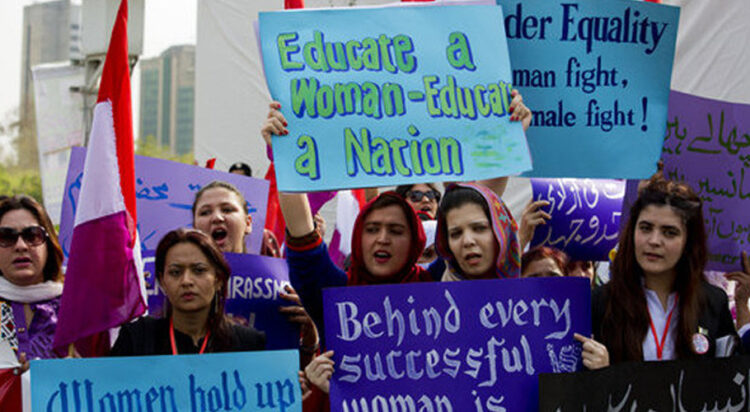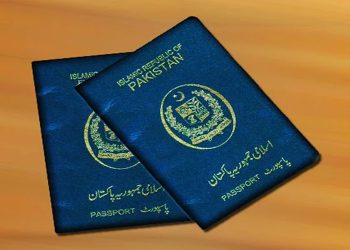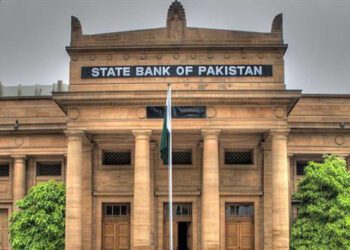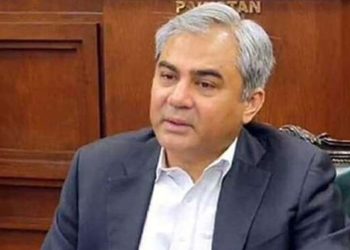Pakistan has ranked among the lowest countries in the world in providing equal opportunities to women. In the Global Gender Equality Index of 146 countries, Pakistan stands at 145th place, where women, despite making up nearly half of the population, face significant gender and economic disparities.
According to the World Bank, Pakistani women earn 18% less than men. In the agricultural sector, 68% of Pakistani women are engaged, yet 76% work without wages, assisting their families. Women’s participation in the labor force is also low, making up only 23% of the workforce, while more than 40 million women remain outside the labor force.
Additionally, women hold fewer professional jobs compared to men, with only 0.14% at the managerial level, compared to 2.33% men. Experts have emphasized the need to increase women’s participation for the country’s economic development.
Women play a crucial role in Pakistan’s progress by contributing to economic growth, social development, and national stability. With nearly half of the country’s population being women, their active participation in the workforce can significantly boost economic productivity.
Studies show that gender-inclusive economies experience higher GDP growth rates, as women bring diverse perspectives and skills to various industries. Empowering women through education, employment, and entrepreneurship not only enhances household incomes but also reduces poverty and improves the overall standard of living.
When women are financially independent, they contribute more to the nation’s economy and create a ripple effect of progress in their communities.



































